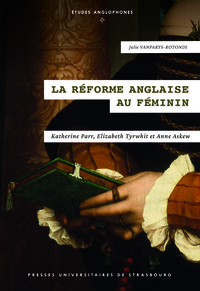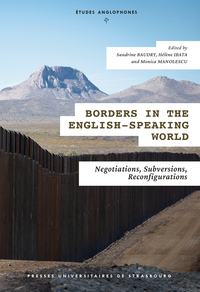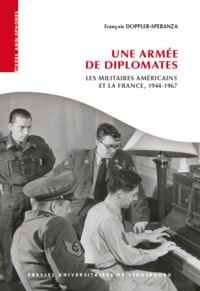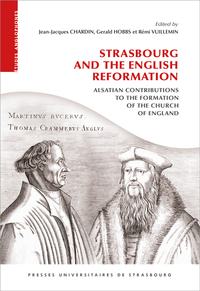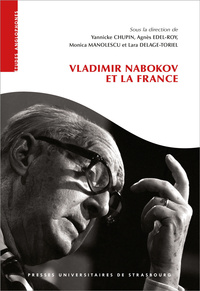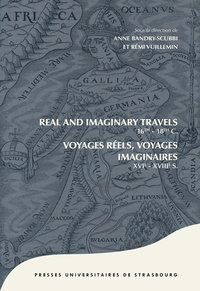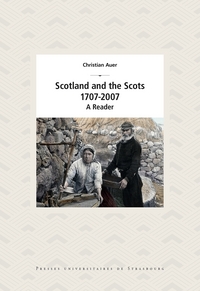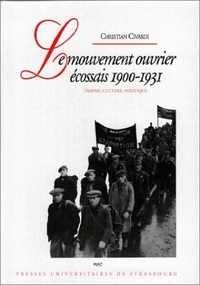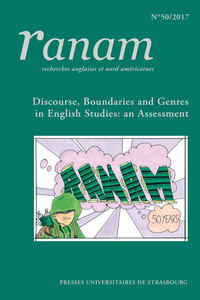Nous utilisons des cookies pour améliorer votre expérience. Pour nous conformer à la nouvelle directive sur la vie privée, nous devons demander votre consentement à l’utilisation de ces cookies. En savoir plus.
Ordering Knowledge
EAN : 9791034401338
Paru le : 3 mai 2023
-
 Livraison gratuite
Livraison gratuite
en France sans minimum
de commande -
 Manquants maintenus
Manquants maintenus
en commande
automatiquement -
 Un interlocuteur
Un interlocuteur
unique pour toutes
vos commandes -
 Toutes les licences
Toutes les licences
numériques du marché
au tarif éditeur -
 Assistance téléphonique
Assistance téléphonique
personalisée sur le
numérique -
 Service client
Service client
Du Lundi au vendredi
de 9h à 18h
- EAN13 : 9791034401338
- Collection : ETUDES ANGLOPHO
- Editeur : Pu Strasbourg
- Date Parution : 3 mai 2023
- Disponibilite : Disponible
- Barème de remise : NS
- Nombre de pages : 350
- Format : H:241 mm L:164 mm E:25 mm
- Poids : 627gr
-
Résumé :
This collection of essays offers a historical backdrop to the current crisis of expertise by focusing on the analogous debates accompanying the first emergence of the disciplinary organisation of knowledge in the seventeenth and eighteenth centuries.
As the world struggles to come to grips with the rise of new populisms that call into question the legitimacy of technocratic expertise, the historical understanding of the processes by which the characteristically modern modes of meaning-making came into existence has never been so important. Politically-motivated attacks on ‘science’ are difficult to counter in a climate of generalised scepticism for all forms of authority, but cultural historians have an important part to play by offering an adequate historical framing for the terms of the debate. The origins of modernity are routinely associated with the empirical attitudes of the ‘scientific revolution’ and the liberal rationalism of the Enlightenment; but this story tends to be studied either conceptually by historians of science, or politically by cultural historians. For it to make sense as the backdrop to modern debates, the political and epistemological dimensions of the emergence of modernity need to be put more firmly into contact with one another. This book attempts to do so by focusing on the theme of the emergence of disciplinarity in the seventeenth and eighteenth centuries.


